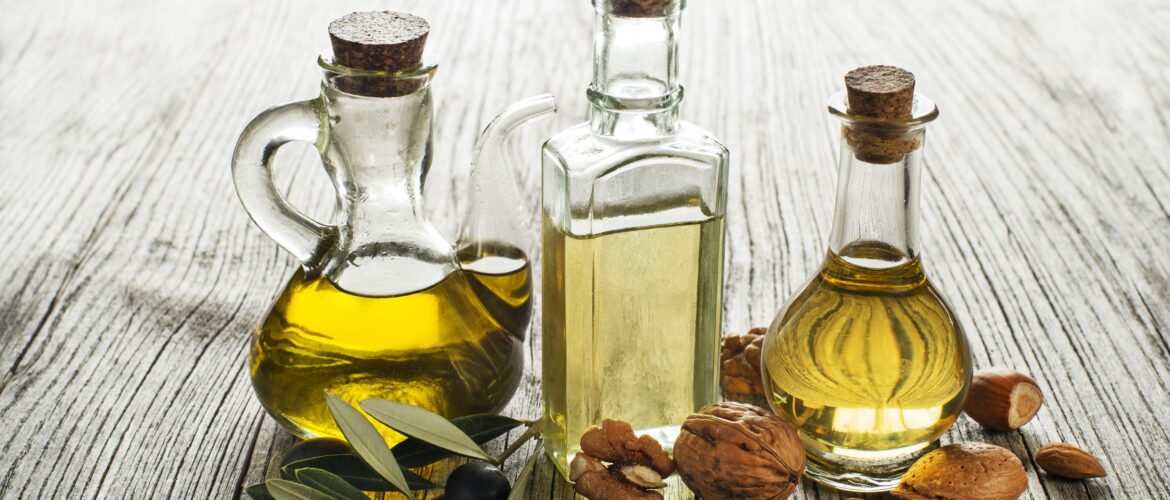You see different people every day. Some of those who believe foods without oil are good to eat and some can’t eat their food without sufficient oil. But oil also has several fatty acids which are essential for our body. The lack of such oils can cause various diseases. But, that doesn’t mean all the oils that we use in our food are good for our health. If not then which oil should we use? Well, the major criterion for checking oil quality is its composition i.e. its saturated and unsaturated fat content. The second is the method of extraction. So, in this article, we will be studying very well-known methods of oil extraction i.e. Cold Pressed Oil extraction and its pros and cons.
What are cold-pressed oils?
The method of extracting oil from oilseeds is called cold pressing. The oil is then extracted without the use of heat as it may degrade the oil’s flavor and nutritional quality. In cold pressing, the seeds or nuts are crushed at low temperatures which as a result forces the oil to come out. In cold pressing (the natural taste, aroma, and nutrition structure) the oil is retained. Moreover, it’s free of any chemicals.
Benefits of cold-pressed oils
- The molecules present in cold-pressed oil do not break down. Due to this, it retains antioxidants that are damaged by exposure to heat in other extraction methods.
- It retains Vitamin E, which has anti-aging properties.
- It is beneficial for oral health and the heart as well.
- It helps in boosting the immunity system of our body.
Cons
- As cold-pressed oils are not processed, it contains a high level of unsaturated fats. These fats then degrade under high temperatures making it unsuitable to eat.
- It doesn’t react well with heat.
Cold Pressed Oils vs. Refined Oils
Manufacturing refined oil is a multistage process. It mainly involves heating the seeds at very high temperatures, somewhere between 110 and 180 degrees temperature to extract the oil, and further refine the oil using chemicals so that its taste can be neutralized and its smell deodorized. The useful unsaturated fatty acids do not hold up well to the high heat. This entire process strips down all the nutritional value and antioxidants that are present in the oil. Whereas, in cold-pressed oil, the nutritional value remains intact which simultaneously has a positive impact on health and skin. Also, cold-pressed oils are made at a maximum room temperature of 30
degrees centigrade. The acid value is also low, so oil products are obtained after precipitation and filtration. This is why there is no need for any refinement. Also, these two oils can be differentiated in terms of their smell.
Cold-pressed oils have a strong odour because they are unprocessed whereas refined oils are odourless. Cold-pressed oils cannot be cooked at high temperatures whereas refined oil can be used to cook at moderately high temperatures.

